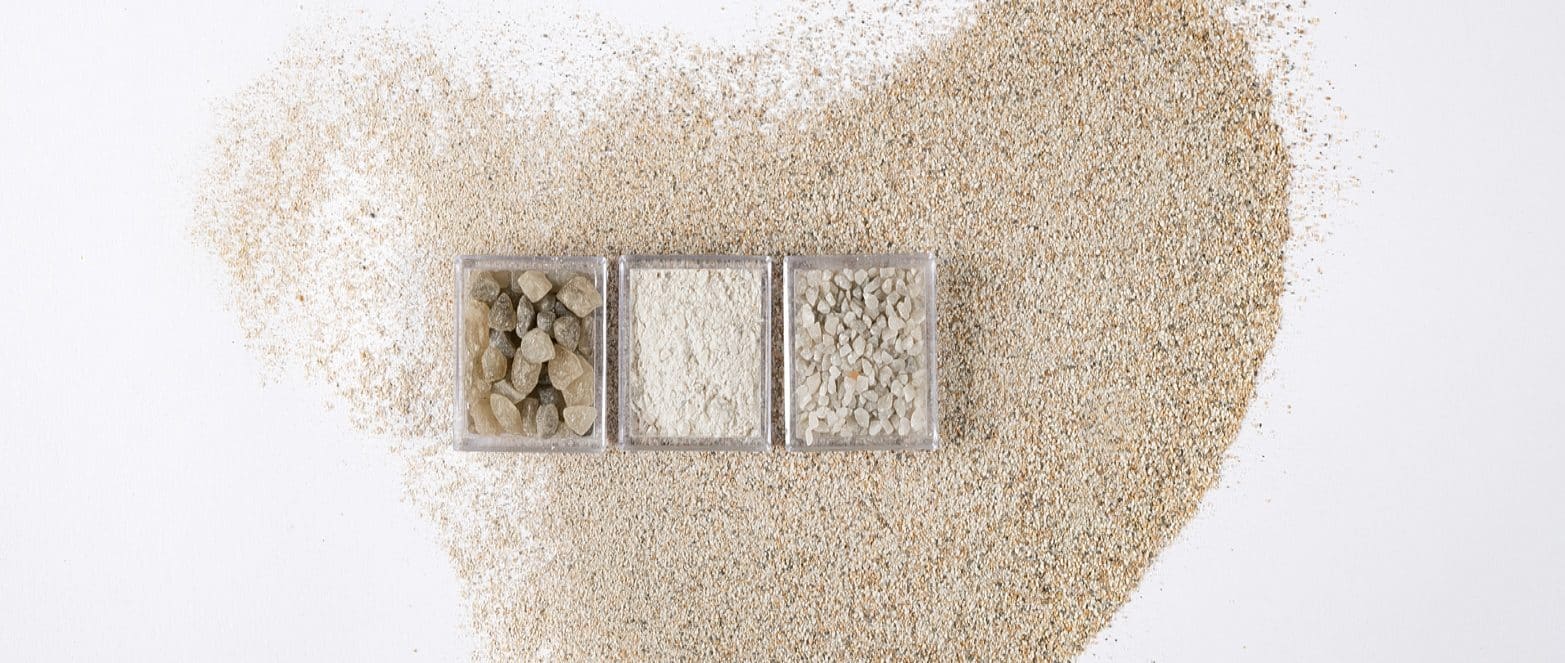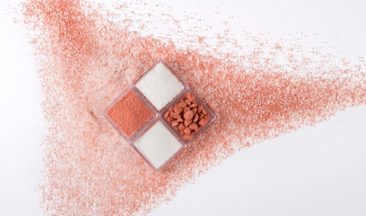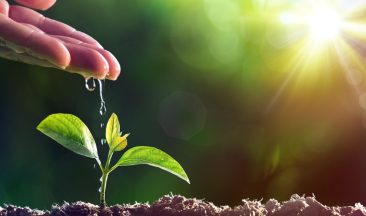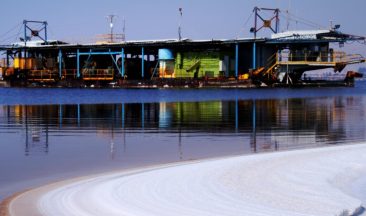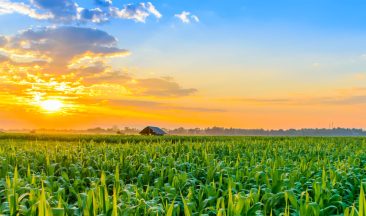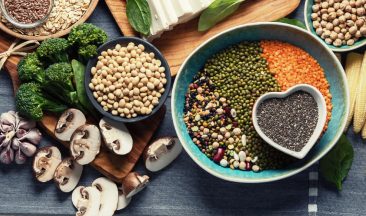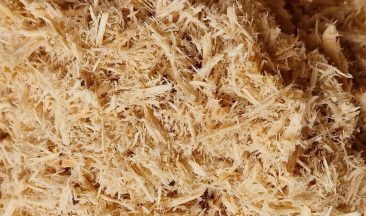Potatoes are bigger and healthier, cherries look lovelier and are better-tasting. A line of studies celebrates polysulphate, mined from the depth of the earth in England.
At a depth of 1,200 meters below the earth’s surface in England’s Northern Sea, ICL is now world-exclusive in mining fertilizers.
Meet Polysulphate – a material which dramatically increases produce, as well as causes better preservation of nutritional values in fruit and vegetables. “To grow a plant in the best way possible, you need 16 different nutrients,” explains Tal Sadeh, Marketing and Communication manager at ICL Fertilizers. “Regular fertilizers are normally composed of a number of nutrients and require matching to the plant’s specific needs. Polysulphate is unique in providing four ultra-essential nutrients to any plant in one product. Furthermore, the release of nutrients occurs over time, which helps plants absorb the nutrients in an optimal way.”
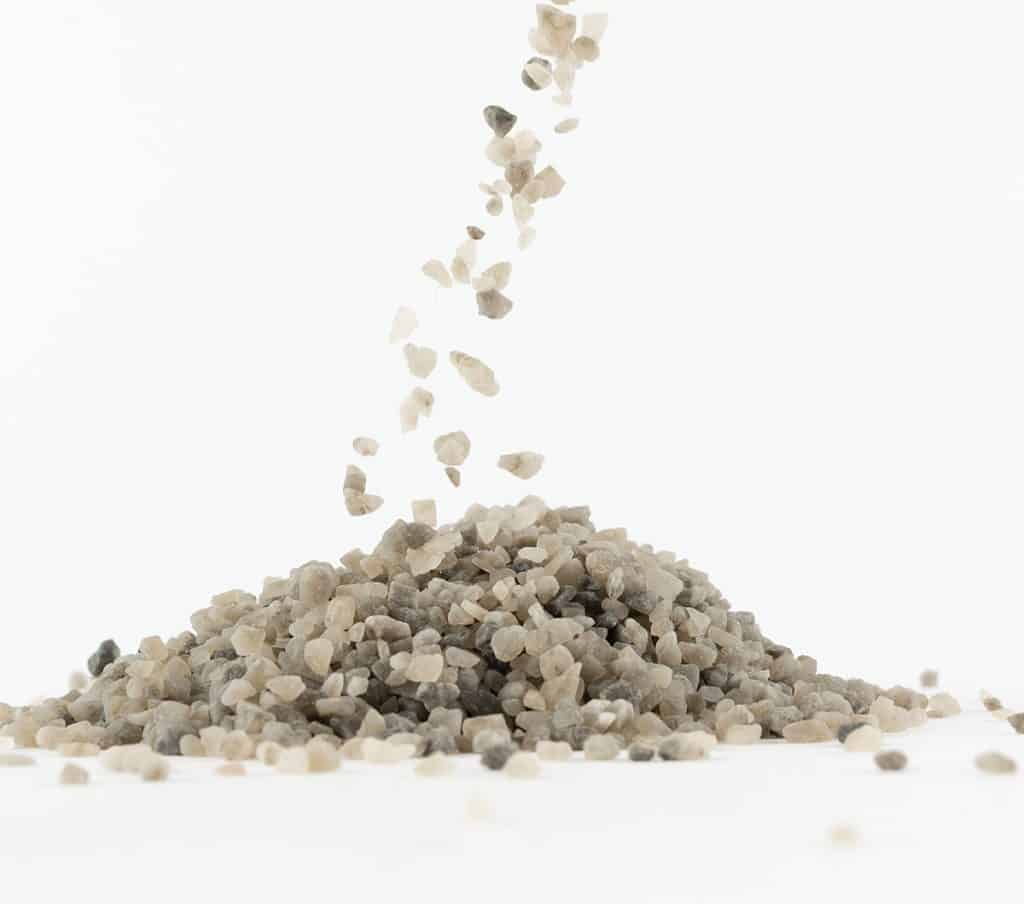
How was this mineral discovered?
“The mineral, polyhalite, from which the Polysulphate fertilizer is manufactured, has been known for centuries through research,” explains Sadeh. “However, before ICL, no company had mined and marketed this unique substance. The story of its production by us is also unique, since the substance is mined in our ICL-UK mine in England, was initially purchased to mine potash at a depth of 900 meters below the earth’s surface. With time, ICL transitioned from extracting potash to polyhalite and salt only from the mine, and went down to a depth of 1,200 below the earth’s surface to retrieve the organic ore.”
“Polysulphate is unique in providing four ultra-essential nutrients to any plant in one product. Furthermore, the release of nutrients occurs over time, which helps plants absorb nutrients in an optimal way.”
How is the mining done?
“In a natural and simple mining method. This is just one of the qualities of this fertilizer, and relates to the fact that no chemical process is involved in the process of producing it. The material is crushed to powder or grain-level and spread as it is in the fields. Because of this method, our Polysulphate product has been recognized as a completely organic fertilizer by the UK Soil Association and UK Organic Farmers & Growers.”
Has the material been tested?
“Definitely. The benefits of Polysulphate have been proven and well-established in studies and experiments all over the world. Common to all of the results was the evident impact the mineral had on the quality of produce, and the 30 percent increase in produce quantities. In experiments done on potato fields in China, for instance, the fields fertilized with this unique fertilizer produced potatoes that were larger, better looking and more substantial. Their skins were thicker, which helped maintain the potatoes’ nutritional values for longer.”
You may be interested in:
The role of Agtech in making agriculture more sustainable
From Rock to Fork – How Polysulphate improves the quality of food
“In another experiment done in a cherry orchard, it was discovered that Polysulphate prevented the phenomenon of breaking in the fruit’s peels, that the cherries tasted better and had a more attractive appearance. The significance of all this is that the material directly contributes to the quality and look of fruit, which directly enhances the farmer’s profits.”
In view of the impressive results of the experiments, ICL Fertilizers have decided to develop a line of products out of the mineral, and these are now being marketed around the world as part of the company’s entire collection of products.
The enthusiastic responses to the mineral in the world of agriculture have brought new life to the market. . At ICL we bring together our vast experience and state-of-the-art technologies to provide farmers, growers, and manufacturers advanced fertilizer solutions to help improve crop nutrition, and increase yields in a sustainable way.
